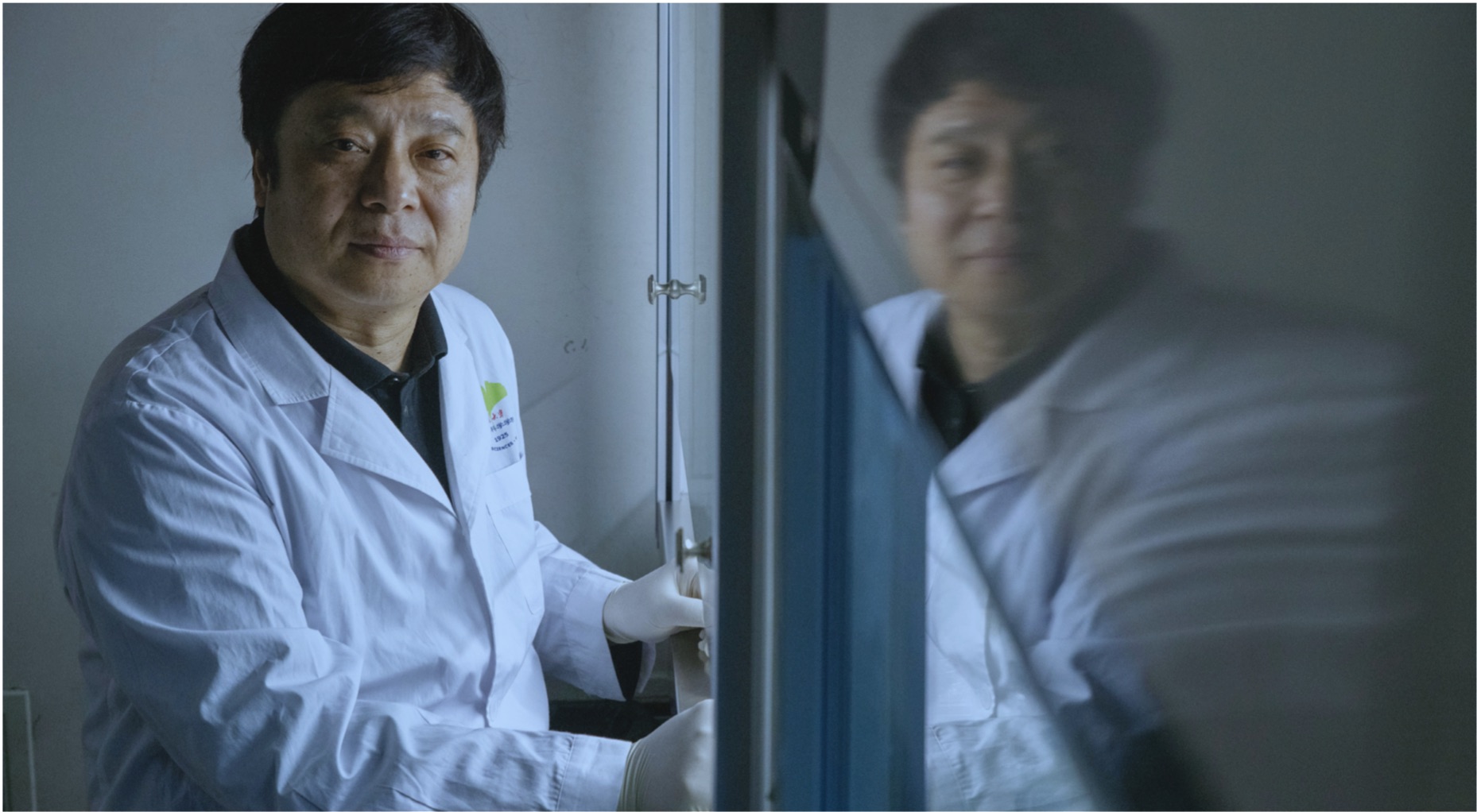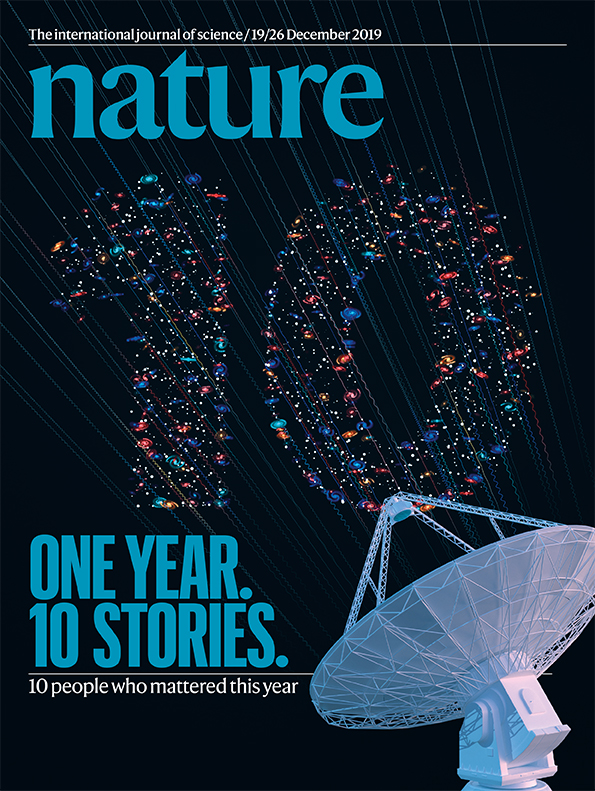Peking University Professor Deng Hongkui named as one of Nature’s 10
Dec 18, 2019
Peking University, Dec. 18, 2019: Deng Hongkui, a professor of cell biology at Peking University, has been selected as one of Nature’s 10 for his work in gene editing. Deng and his team used CRIPSR gene-editing technology in an attempt to treat a person infected with both HIV and Leukemia for the first time, and the study was published in The New England Journal of Medicine earlier this year.
 Deng Hongkui
Deng Hongkui
Every year, Nature, one of the world’s most recognizable scientific journals, takes time to reflect on those people who have made a difference in the sciences. After much debate and deliberation, they choose ten of these people to be that year’s Nature’s 10.
Professor Deng’s team used the gene editing tool CRISPR-Cas9 to delete a special gene from bone marrow stem cells as part of a bone marrow transplant to treat a patient that had both HIV and acute lymphoblastic leukemia. Previous studies have shown that bone marrow with a damaged version of the targeted gene, CCR5, produces blood cells that are able to resist HIV. The results of this transplant, which happened in 2017, were revisited in a study published in the September 2019 issue of the New England Journal of Medicine.
CRISPR gene editing in people is controversial partly because many researchers worry about its side effects. Deng and his team found the bone marrow transplant was able to put the patient’s acute lymphoblastic leukemia into remission without any gene-editing related side effects. The treatment was not able to eliminate the HIV virus from the patient, which Deng and his team suspect it’s because the volume of marrow transplanted was insufficient to combat the infection, but their ability to apply the treatment without side effects shows promise for the application of this technique in more trials.
Deng Hongkui, hailed as CRISPR translator by Nature, earned his B.S. in Cell Biology from Wuhan University and his Ph. D. in Immunology from the University of California, Los Angeles. He became a professor at Peking University in 2001 and has been the director of the PKU Stem Cell Research Center since 2013. Professor Deng’s research focuses on somatic cell reprogramming and lineage specific differentiation of human pluripotent stem cells. His lab also explores chemical biological approaches for manipulating cell fate and function.
Written by: Trevor, Amanda Hu
Edited by: Huang Weijian
Photo Credit to: Nature

